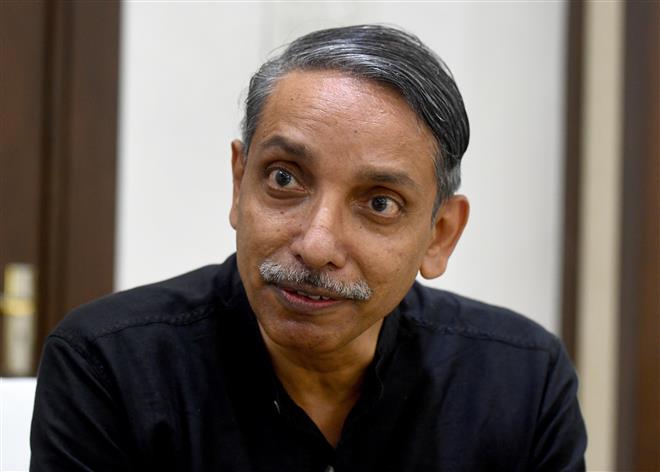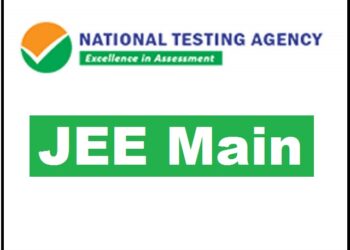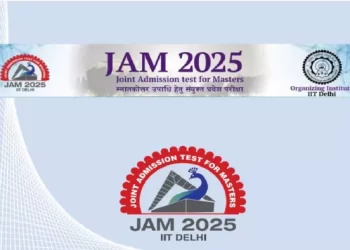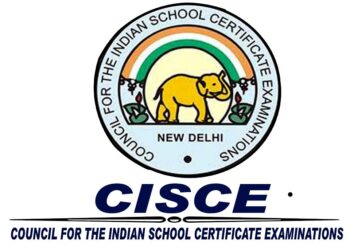M Jagadesh Kumar, Chairperson of the University Grants Commission, announced today that graduates will be able to enter PhD programs directly under the new pattern. He also stated that three-year undergraduate programs would not be phased out until the four-year program was fully implemented.
The new undergraduate (UG) credit and curriculum framework was announced earlier this week, and it defines Honours degree courses as a four-year program.
According to the UGC president, graduates of four-year undergraduate degrees will not need a Master’s degree to enter PhD programs.
When asked when the FYUP will be fully implemented, he stated, “There is no deadline, but we will continue to work with higher education institutions to implement the FYUP as soon as possible,” and assured that the three-year courses will not be discontinued till the four-year programme is fully implemented.
M Jagadesh Kumar, Chairperson of the University Grants Commission, announced today that graduates will be able to enter PhD programs directly under the new pattern. He also stated that three-year undergraduate programs would not be phased out until the four-year program was fully implemented.
The new undergraduate (UG) credit and curriculum framework was announced earlier this week, and it defines Honours degree courses as a four-year program.
According to the UGC president, graduates of four-year undergraduate degrees will not need a Master’s degree to enter PhD programs.
When asked when the FYUP will be fully implemented, he stated, “There is no deadline, but we will continue to work with higher education institutions to implement the FYUP as soon as possible,” and assured that the three-year courses will not be discontinued till the four-year programme is fully implemented.
Counting the benefits of the FYUP, the UGC chief said, “The first advantage is that they do not have to do a Master’s degree to join a PhD programme. They can also take a single or double major to gain a deeper knowledge of a given discipline.” “Since multidisciplinary courses, ability enhancement courses, skill enhancement courses, value-added courses, and internships are embedded in the FYUP, it will enhance the opportunities for students to take up employment or go for higher studies,” he said.
However, Kumar clarified that varsities can choose between the three and four year programmes. “It is left to the universities,” he said in an interview with PTI on Wednesday.
He was asked whether it is mandatory for universities to migrate to the four-year pattern for Honours degrees.
“The current three-year UG programmes will continue whether they are called UG degrees such as BA, BCom, or BSc or UG degrees with Honours such as BA (Hons), BCom (Hons), or BSc (Hons),” the UGC chairperson said.
Varsities can also use the four-year undergraduate programme (FYUP) curriculum framework to introduce new courses in three-year UG programs, according to Kumar.
They can do this “with multiple entry and exit options, flexible degree options with single major, double major, multidisciplinary and interdisciplinary education, integration with vocational courses, internship, skill and ability enhancement courses”, he said.
The UGC announced the curriculum and credit framework for undergraduate programs on Monday, giving students multiple entry and exit points, a choice between single and double majors, and interdisciplinary subject options.
The framework was created by revising the current Choice Based Credit System.
Students will be able to pursue a four-year honours degree rather than the current three-year course under the program. Honours degrees will also be available in two varieties: honors and honors with research.
Source:IE







 Finance
Finance







